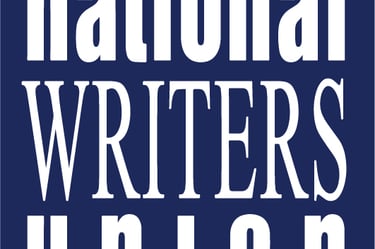International Olympic Committee's Stance on the Friendship Games


The International Olympic Committee (IOC) recently made a public statement urging National Olympic Committees (NOCs) to refrain from participating in the Friendship Games, an international sporting event held in Russia. This move by the IOC has sparked a debate about the involvement of sports organizations in political matters.
The Friendship Games, which were first organized in 2014, aim to promote friendly competition and cultural exchange among participating nations. However, the IOC's decision to openly intervene in the event raises questions about the intersection of sports and politics.
The IOC's stance on the Friendship Games is seen by some as a clear example of the organization taking a political stance. Traditionally, the IOC has strived to remain neutral and separate from political issues. However, in recent years, there has been a shift towards a more proactive approach in addressing political matters within the sporting world.
The IOC's decision to openly call on NOCs to boycott the Friendship Games is not without its critics. Some argue that sports and politics should be kept separate, and that the IOC's involvement in such matters sets a dangerous precedent. They believe that sports events should serve as a platform for unity and sportsmanship, rather than being influenced by political agendas.
On the other hand, proponents of the IOC's stance argue that sports organizations have a responsibility to uphold certain values and principles. They believe that when a host country's actions contradict these principles, it is appropriate for the IOC to take a stand. In this case, the IOC may have deemed the Friendship Games in Russia to be incompatible with the Olympic spirit due to political considerations.
It is important to note that the IOC's intervention in the Friendship Games is not an isolated incident. In recent years, the IOC has taken a more proactive role in addressing political issues within the sporting world. This includes instances such as the suspension of the Russian Olympic Committee following allegations of state-sponsored doping, and the decision to allow North and South Korean athletes to march together under a unified flag at the 2018 Winter Olympics.
While the IOC's involvement in political matters may be controversial, it highlights the complex relationship between sports and politics. Sports have the power to bring people together and promote peace, but they can also be influenced by political agendas. As such, it is essential for sports organizations to carefully navigate these dynamics and make decisions that align with their values and principles.
In conclusion, the International Olympic Committee's public call on NOCs to boycott the Friendship Games in Russia has sparked a debate about the role of sports organizations in political matters. While some argue that sports and politics should remain separate, others believe that sports organizations have a responsibility to uphold certain values. The IOC's decision highlights the complex relationship between sports and politics, and the need for careful consideration when addressing these issues.




